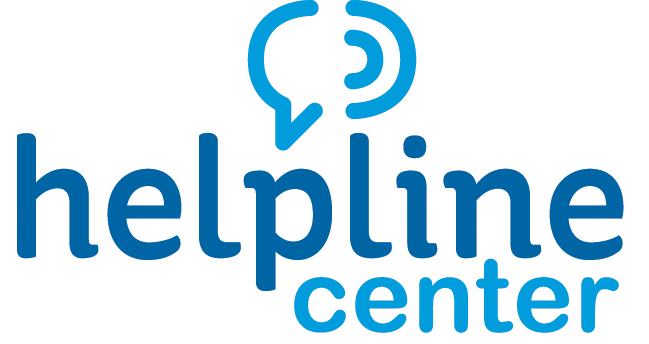Transition to Success
The Helpline Center is initiating a pioneering program in 2024: the implementation of an evidence-based standard of care to treat the condition of poverty, known as Transition to SuccessTM.
This model was developed by Dr. Marcella Wilson, drawn from her extensive experience leading both large healthcare companies and the largest charity organization in Detroit. Her story is detailed in her book ‘Diagnosis Poverty: A new approach to understanding and treating an epidemic.’ Dr. Wilson's work underscores a critical truth: poverty is not merely a lack of financial resources, but rather a multifaceted result of an individual's unique social determinants of health. These determinants encompass the environments in which people live, work, and grow, exerting profound influence over their physical, emotional, and financial well-being.
Adopting this model within our Helpline Center support programs, within HCNC, and across multi-sector partner organizations represents a mindset shift in how we approach poverty intervention as a community. Poverty is not a character flaw, but a treatable condition caused by adverse social determinants of health. Addressing the root causes of poverty will help us improve well-being and meet our mission of making lives better by giving support, offering hope and creating connections all day, every day. Join us in embracing this effort to create a more equitable and prosperous future for our community.
TTS is not just about managing poverty—it's about understanding its complexities and creating sustainable pathways for change. With the help of a dedicated coach, each participant tracks their progress in areas that directly influence their quality of life, such as housing, employment, education, and access to healthcare. By evaluating these factors, clients can see where they stand and what needs to be worked on to ensure long-term success.
Coaches play a pivotal role in this process. Trained in trauma-informed care, motivational interviewing, and cultural competence, coaches build strong, trusting relationships with clients, offering guidance and support tailored to each individual’s unique circumstances. This thoughtful, client-centered approach ensures that the solutions are not just theoretical but deeply connected to the real-life experiences of the person seeking help.
One of the key tools used in the TTS program is the Map of My Dreams care plan. This powerful tool helps clients clearly identify their personal dreams and goals, and outlines the specific actions required to make those dreams a reality. Whether it’s finding stable employment, furthering education, or improving family relationships, the care plan provides a personalized, step-by-step roadmap to success.
In addition to providing practical support for personal goals, TTS emphasizes the importance of financial literacy, mentorship, and volunteering in improving life satisfaction. By enhancing their financial knowledge, clients are better equipped to manage resources, plan for the future, and break free from financial instability. Volunteering and mentoring others further strengthens their sense of community, purpose, and belonging, creating a positive feedback loop that contributes to sustained personal growth.
The path to thriving starts with taking the first step toward change. If you or someone you know is ready to begin the journey toward a better, more fulfilling life, you can learn more about the TTS program by calling 211 or visiting our website. Together, we can address the root causes of poverty and help individuals build the life they’ve always dreamed of.
“As with any other condition, such as medical or mental, the treatment for the condition of poverty too requires intervention based on science and access to viable, reliable support systems, as well as ensuring that individuals have a clear understanding of what recovery looks like in their lives. Poverty is not something to ‘rise above’ any more than exposure to lead or asbestos. Just as we treat these conditions without judgment, so too must we treat the condition of poverty.”
– Dr. Marcella Wilson
You can enroll yourself or someone else in Transition to Success
Are you interested in becoming a Transition to Success Coach?






